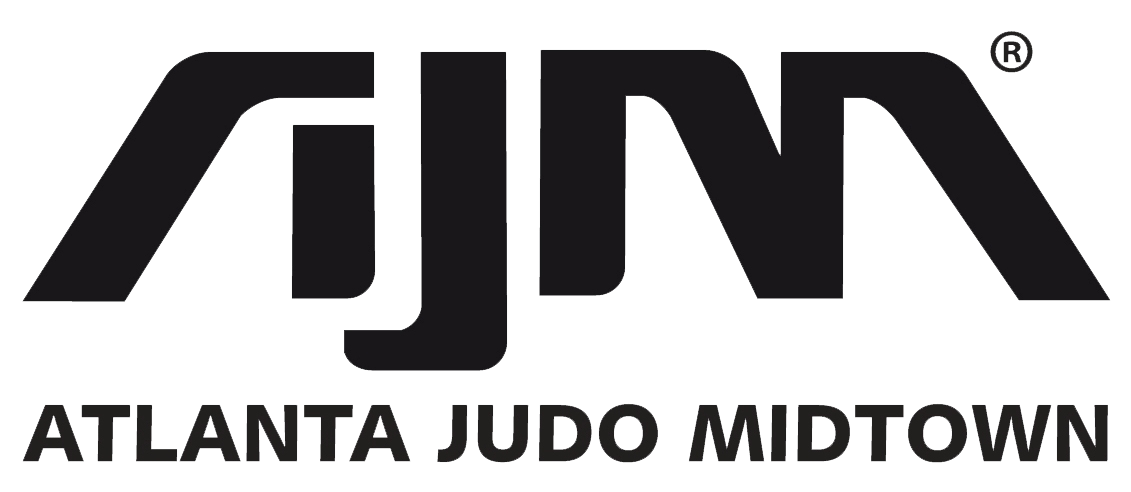Kids Judo
There are many benefits of martial arts for kids. Those most commonly noted are; improved motor coordination, increased self esteem, and respect for others. A study by Robert S. Nishime, M.D. titled “Health Benefits & Risks in the Young Judo Athlete” states that “Anecdotal evidence and expert opinions consider judo to be a positive mean towards achieving comprehensive wellness and an enhanced lifestyle.”
Judoka of all ages experience physical and mental benefits through the anaerobic and aerobic components of Judo. In layman’s terms, playing judo is like lifting weights and running at the same time (Nishimi, MD Robert S.). Judo is dynamic, but generally quite safe- the first skills a student will learn are how to fall safely. Furthermore, we encourage mutual respect and cooperation; how to work well with partners is embodied by the philosophy of Judo in Jita- Kyoei (Mutual welfare and benefit).
Standard Class
Warm-ups and Games
Ukemi: [ew kim e] Japanese method of falling without hurting yourself
Techniques: throws and pins
Randori: free play, which may also be known as rolling or sparring
Age Levels
We generally accept kids from 5 to 15 years of age for the cadet program. Depending on their skill and size, they may be eligible to participate in the adult class around age 13. Our youngest beginners are usually ages 5-7 and participate in the first thirty minutes of each kid’s class. As they become accustomed to class, we gradually increase their mat time to the full hour and a half class period.
Competition
Competition is entirely voluntary. In competitions, the student’s attitude and willingness to be coached are our main focus. The kids that do chose to compete for AJM compete at local, national, and international levels. We provide USA Judo Certified Coaches for local tournaments, and when schedules permit, a traveling coach for national and international competitions.
Promotions
We promote on a colored belt system, and handouts are given with specific curriculum for each level. AJM focuses on growth over proficiency. This entails that instead of promoting at predetermined times, we test the individual when they not only have appropriate time in grade but also demonstrate sufficient knowledge of the material and positive attitude towards growth.

